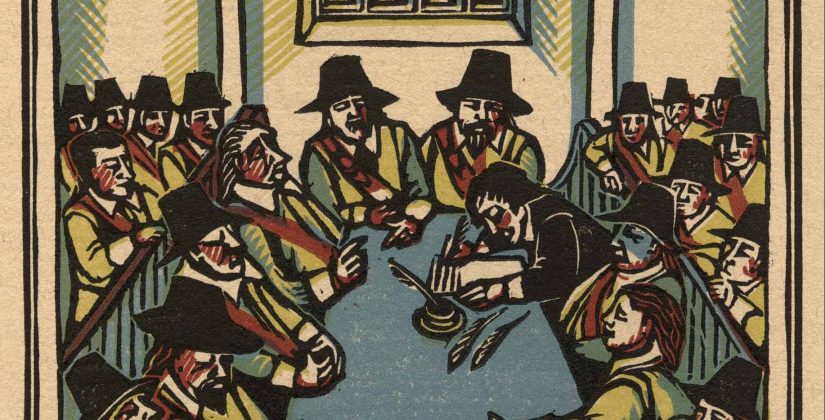Putney Debates 2019: The Courts — Friend or Foe?
ICLR’s Paul Magrath will be appearing on a panel chaired by Joshua Rozenberg at this year’s Putney Debates on the topic of judicial independence.

The Putney Debates, organised by the Foundation for Law, Justice and Society, this year examine the issue of judicial independence and the rule of law, under the title The Courts — Friend or Foe?
Chaired by renowned legal commentator Joshua Rozenberg and the founder of the New Putney Debates Professor Denis Galligan, the three sessions will ask
• What role do we want for our judges in the 21st Century?
• Why is judicial independence necessary and in what ways is it under attack?
• What models exist for the best possible balance between judicial independence and accountability?
See full programme details. From these you will see that on the third panel, at 4.30 pm on Thursday 14 March, Paul Magrath of ICLR will be among those discussing How Can We Defend Judicial Independence?
We will publish his submission here in due course. In the meantime, by way of background, the organisers set the scene:
“The unprecedented scrutiny that courts around the world find themselves under has led many to question their neutrality and the nature of their position in relation to the elected government of the day and the electorate.
Yet courts inevitably occupy a precarious position. They are criticized for their unelected status and perceived lack of accountability, yet in their role as impartial arbiters of the law, they are nevertheless duty-bound to uphold the law and constitution, which demands that they examine and contest the decisions made by our elected representatives in Parliament.
As international and supranational institutions become ever more influential, courts such as the European Court of Justice (ECJ) have attained an uneasy prominence in determining issues that transcend national borders and restrict the actions of nation states.
These insecure foundations and increasing influence have lifted the institution of the judiciary above the parapet of popular opinion as never before. The courts are now targets for attack from dissatisfied governments and social movements with a vision for a direct application of the will of the people, yet remain an indispensable pillar of our democratic system.”
UPDATE: Watch Paul giving his talk on YouTube via this link. A written version of his talk later appeared on the Bloomsbury Professional Law Blog: From Mystery to Transparency
Featured image: the original Putney Debates which began at St Mary’s church on 28 October 1647 pioneered the liberal, democratic settlement: a written constitution, universal suffrage, freedom of conscience and equality before the law.